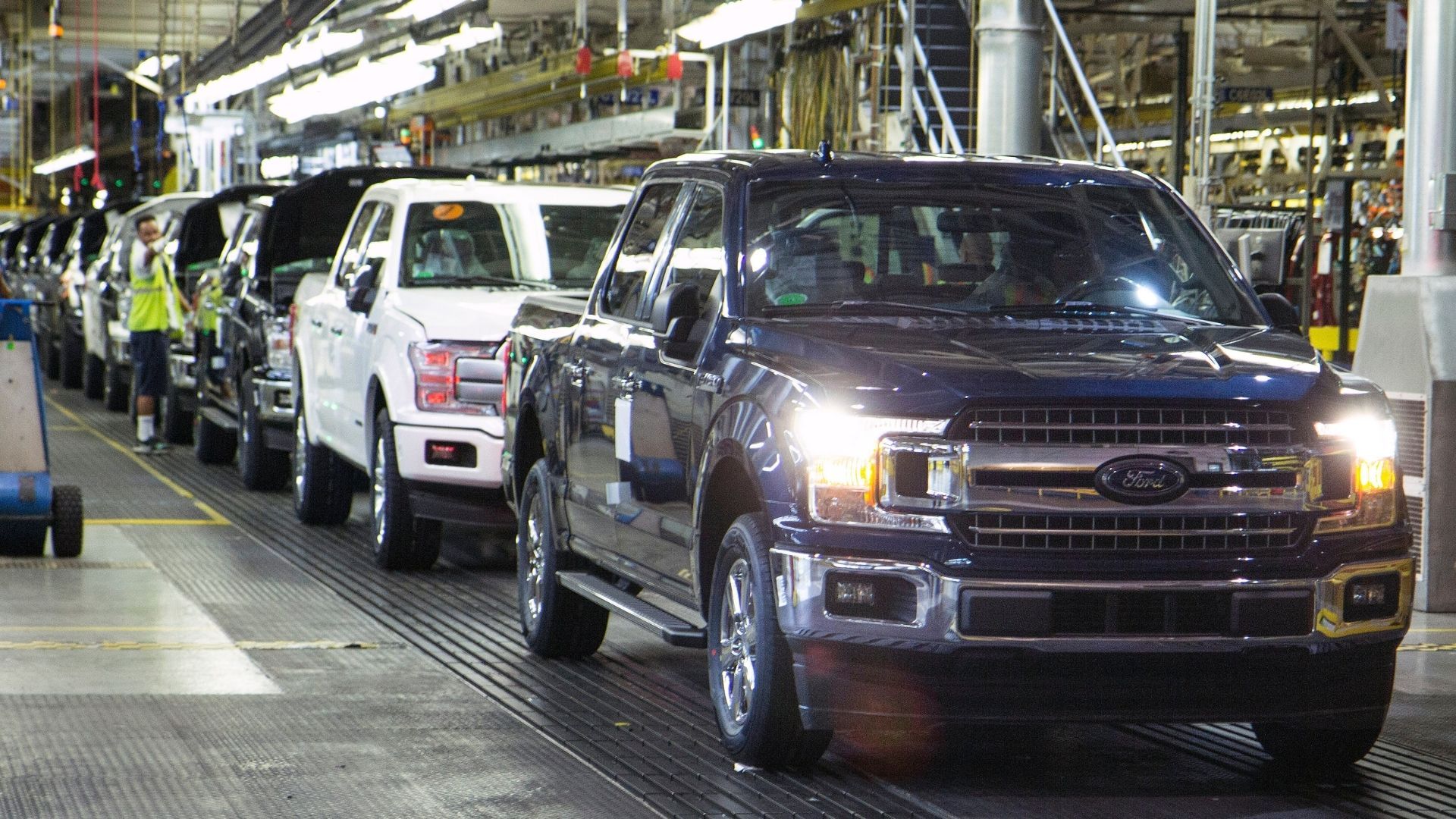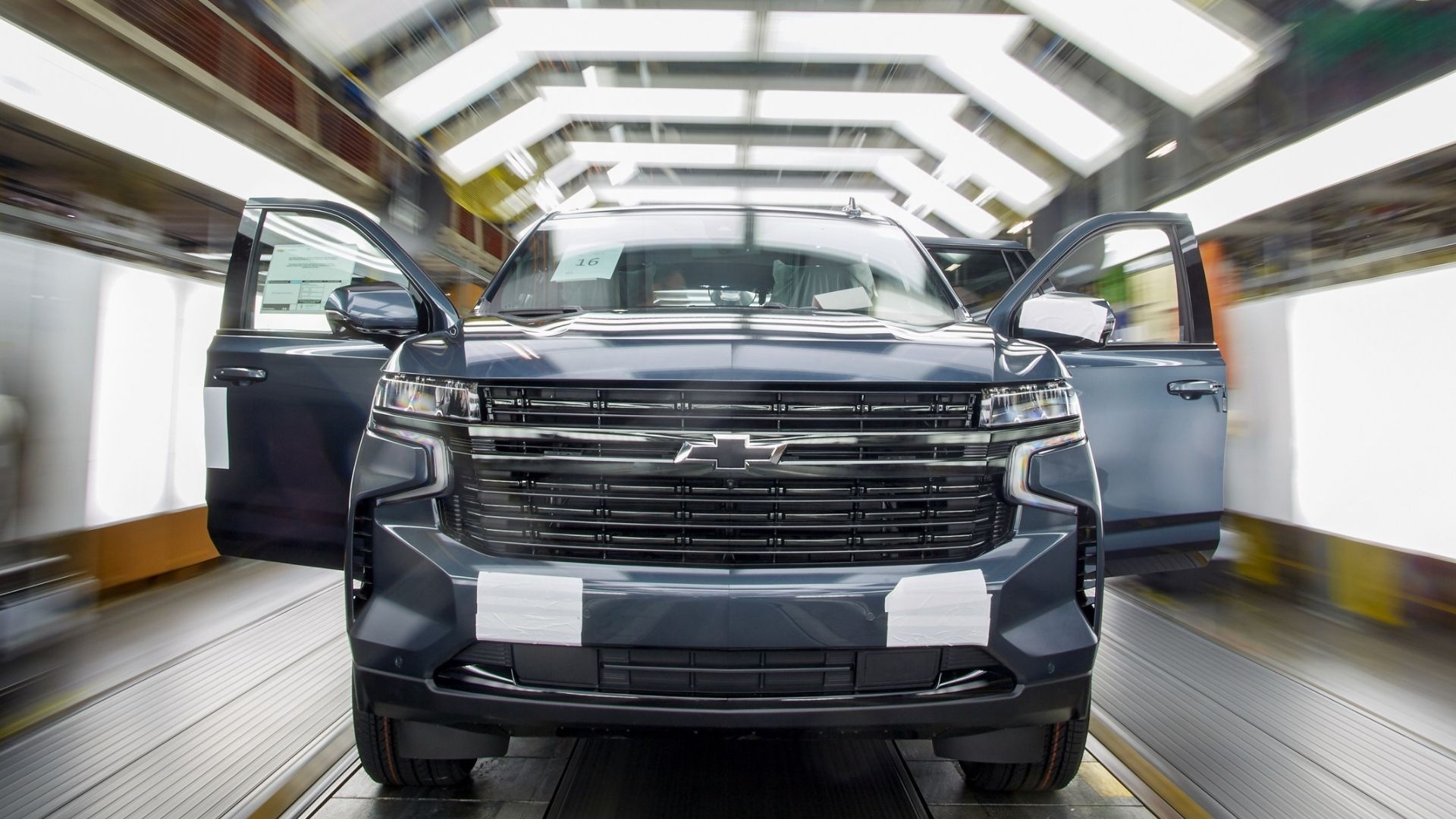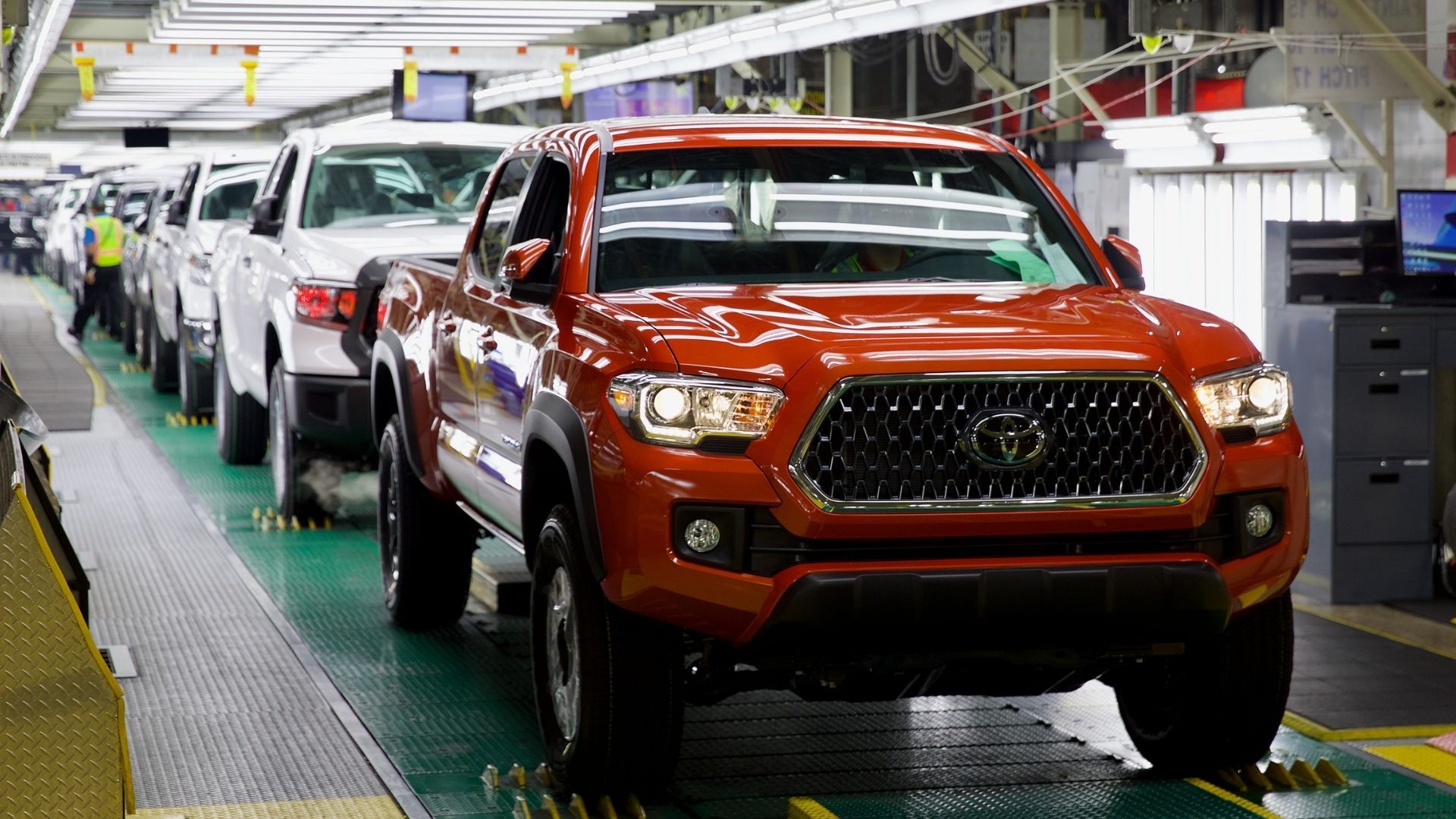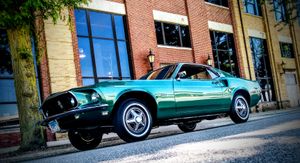Chip shortages and other problems don’t seem to be going anywhere for a while…
It’s been a rough year for automakers and car shoppers, thanks in no small part to the computer chip shortage caused by the effects of government-induced COVID-19 shutdowns. Automakers are trying to put on a happy face during these times, even though all is obviously not well. For example, General Motors has been pushing the story that starting on November 1 it will have all its plants in North America open and assembling cars. What it doesn’t say is what percentage of production capacity each facility will be running at, which tells more of the real story.
Read about Intel’s plan to turn the chip situation around here.
Everyone seems to have an opinion on the computer chip shortage in the auto industry. Even automaker executives can’t agree on how long the situation might last, but they all agree the current arrangement is dire. Some, like GM President Mark Reuss, feel the microprocessor supply will stabilize next year, at least providing some predictability for automakers, even though he feels volume will still be much lower than in 2019 before the world went insane. Ola Kallenius, Daimler’s chief executive, doesn’t paint nearly as rosy of a picture, saying the low and unpredictable supply of chips will likely last well into 2023.

It’s not just computer chips which are in short supply in the auto industry. Different materials, most notably steel and resin, have risen dramatically in price. There’s also a growing shortage of magnesium, a key component in aluminum which makes those extra-durable panels for newer Ford trucks as well as components for many other vehicles, both new and used. However, the magnesium shortage hasn’t actually manifested itself in the auto industry, but that hasn’t stopped projections of factory shutdowns across Europe and big impacts in North America.
Still, semiconductors are “the biggest choke point” for why more new cars aren’t being made. That’s according to an anonymous senior executive at an unnamed automaker, who spoke with Australian car site Drive about the situation.

An interesting report from Reuters details out how despite the supply chain crunch and increased transportation costs, Ford and GM have turned a bad situation into a financial boon. Thanks to people absolutely clamoring for full-size pickup trucks and SUVs from these two automakers, the manufacturers don’t have to offer many incentives if any at all to get customers to bite. In other words, at least a portion of the increased operating costs have been offset by fatter profit margins on the vehicles Ford and GM are selling, so remember that before you start feeling sorry for them in this crazy situation.
What this all translates into is high prices for both new and used cars. However, not all cars are made equal, a point which is clearly evidenced by a recent iSeeCars study on price depreciation. The vehicle search engine found that the Jeep Wrangler experiences the lowest amount of depreciation during the first 5 years at a mere 9.2% or $2,796 lower than MSRP. That’s incredible, but just as notable is the fact the Jeep Wrangler Unlimited was next in line at 10.5%. Those two are not only the most desirable Jeep products by a mile, they’re more sought-after than any other new vehicle.

The Porsche 911 was third at 12.8% with Toyota’s two pickups, the Tacoma and Tundra, following at 13.8% and 19.5% respectively. Coming in 6th is the Ford Mustang at 21%, then the Chevrolet Corvette and Camaro at 22.7% and 23.6%. Rounding out the top ten are the Dodge Challenger at 24.4% and the Toyota 4Runner at 24.6%.
All of the cars in the top 10 loss less than a quarter of their MSRP in value during the first 5 years of ownership, which is crazy. With the shortage of chips and other materials holding up new car production, we’ve seen the value of used cars go haywire. Nothing about this situation is normal.
Don’t forget that it’s not just cars which are in short supply. Certain vehicle components are also hard to find, something you already know if you’re one of the unfortunate people to order a part which won’t be available for weeks or months.





